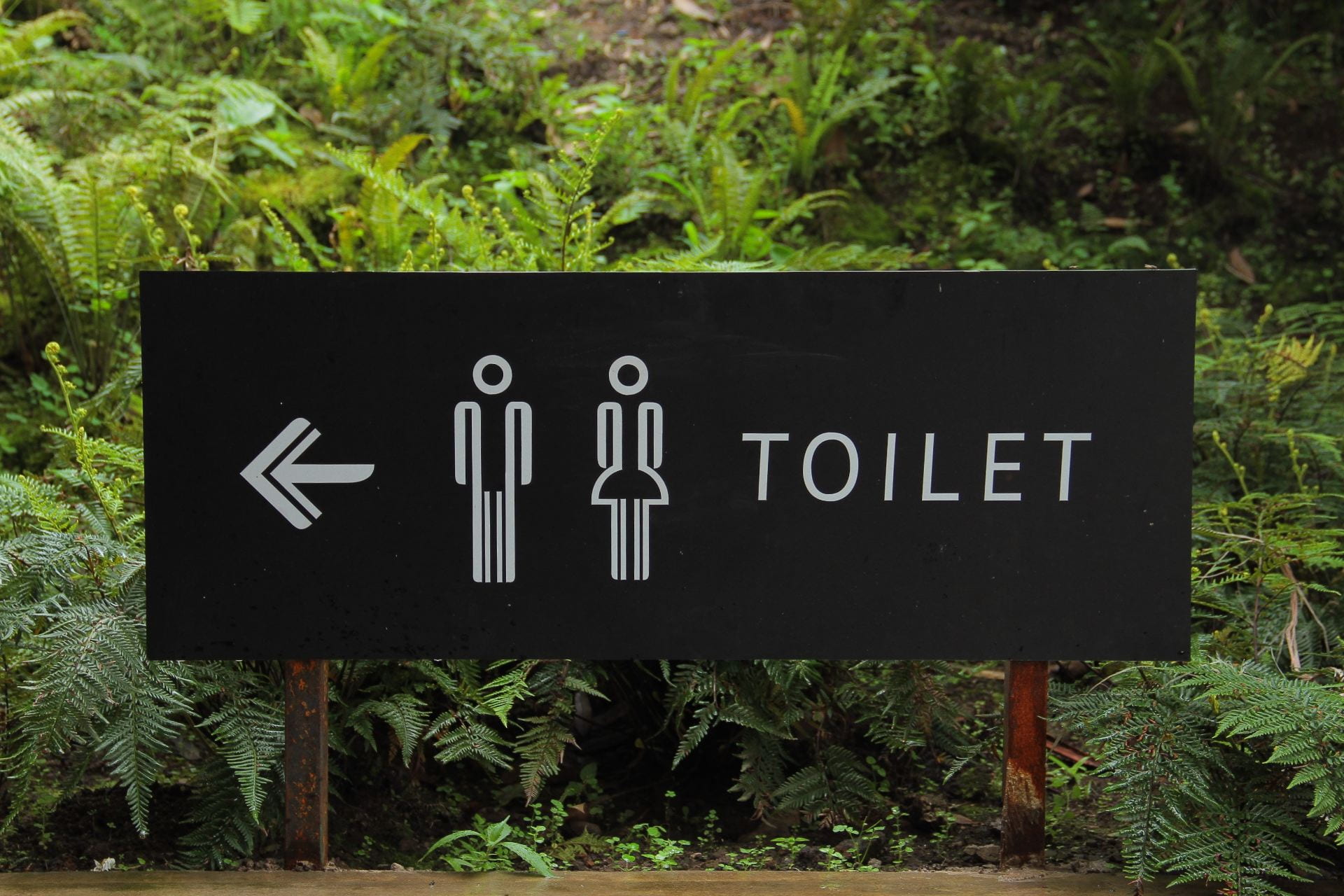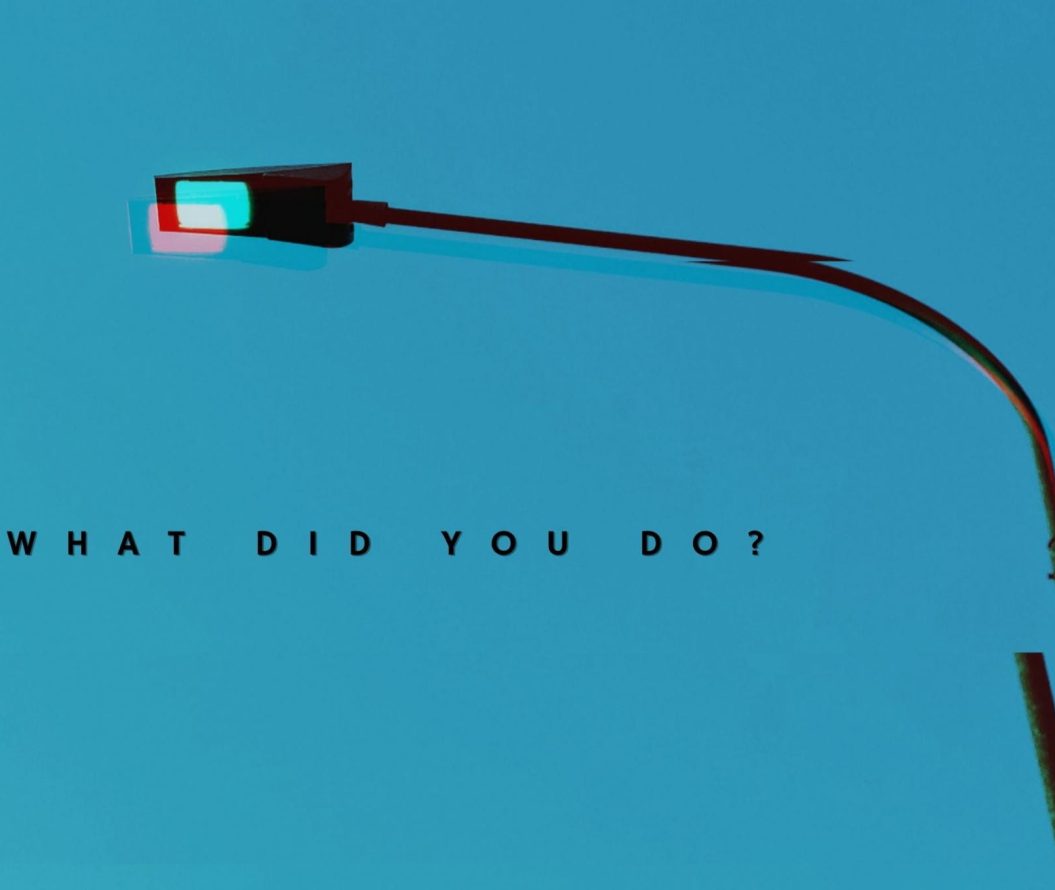Hi, I'm a first year music student with a passion for writing, acting and all things Marvel! I'm a member of both the Creative Writing, and Comedy societies and would love to write a musical one day.

How to Be an LGBTQ+ Ally: Pronouns
June 22, 2021,
read.
This article is more than 3 years old
With society’s growing acceptance of the LGBTQ+ community, everyone has much more freedom to explore their identity than ever before. Pronouns are mostly (but not exclusively) linked to gender expression, and as such, it is important to ensure you are addressing someone how they would like to be addressed.
It’s Okay to Ask
Often, pronouns can be misused and mistaken because people feel awkward having to ask someone what they prefer to be called. It is perfectly fine to ask someone what their pronouns are, in fact, it shows a great deal of respect. Asking someone’s pronouns is much better than accidentally misgendering them, and also demonstrates your eagerness to be polite and understanding.
Examples of Pronouns
A person can go by many or few pronouns, in any number of combinations they deem to fit their identity. He/him, she/her, they/them are the most common pronouns, but they can be combined to suit a person’s particular gender identity. They can also change, as it is natural to experiment with different pronouns to find what is right for you.
You may have heard the word ‘cis’ or ‘cisgender’ before; this simply means someone who’s gender identity matches their sex assigned at birth.
“Why Bother?”
It’s all about respect. In principle, using someone’s correct pronouns is almost like someone named ‘Susan’ asking you to call her ‘Sue’. Calling people what they want to be called is just the right thing to do, whether it be a name or a pronoun.
Being there
Recently, a friend of mine from school was misgendered. It’s difficult – as a cis man – to truly understand what that feels like. All you can do is be supportive, respectful, and just be there for them. Often, the actual event is not the source of the pain, the event was a reminder of how ignorant society can be (and in some areas, still is), so the most important thing is to listen to the LGBTQ+ community. As an ally, it’s your job to empower the voices around you and help their voices and messages be heard.
Society has come a long way, but there’s still work to be done…




